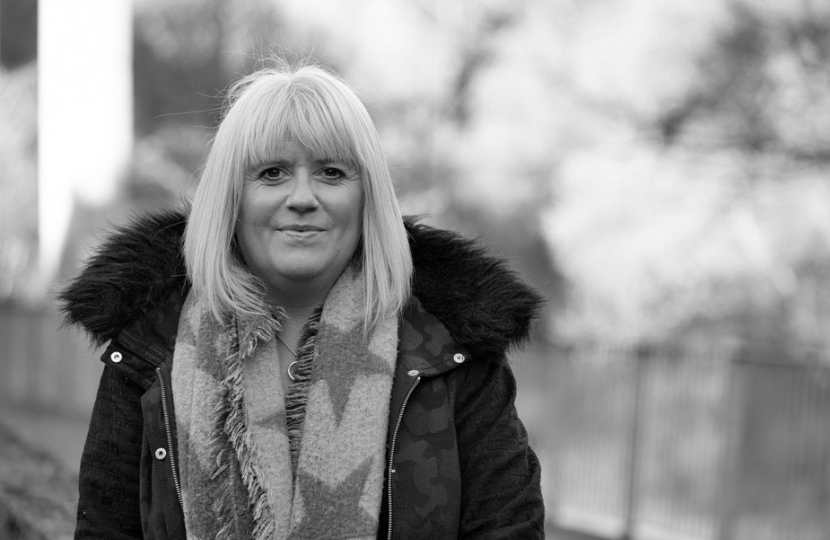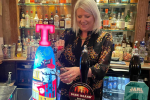
Since Humza Yousaf was voted in as SNP leader nearly 100 people in Scotland could have lost their lives to drug abuse.
An exaggeration by a political opponent you might say, but the latest Rapid Action Drug Alerts and Response (RADAR) quarterly report strongly suggests otherwise, with an average monthly total of 96 suspected drug deaths in December, January and February.
Police data shows drug fatalities rose by 26 per cent in the last quarter of 2022, with 295 deaths compared to 235 between July and September and a slight increase on the last quarter of 2021.
There were 245 drug deaths per million people in Scotland in 2020 compared to 50 in England and 47 in Wales, so the responsibility is the SNP’s and the SNP’s alone.
Behind each number is a family tragedy, but in many cases a stark illustration of the abject failure of the SNP’s approach to drugs. They still think that giving out mind-destroying substances in “safe consumption” rooms is the best way forward despite clear evidence it just prolongs dependency, rather than rehabilitating sufferers so they can lead productive, healthy lives.
Public Health Scotland analysis shows the average age of a person dying from drug abuse was 44 in 2021, and such support facilities as exist are short of resources and staff and are horrendously over-stretched, which can lead to what should be avoidable tragedies.
One harrowing case was brought to my attention only last week, a sad illustration of how the system is letting people down. Just recently, a homeless drug addict sought help at a support centre on a Tuesday, but like so many was also drinking heavily and was too intoxicated to receive their Buvidal injection, the slow-release treatment for severe dependency which lasts several days.
The patient then didn’t reappear for three days, and turned up on a Friday when no staff were qualified to prescribe and administer the drug, and as there was no weekend cover this person either needed to wait until the Monday for treatment or find street drugs to deal with their withdrawal symptoms. The patient died that weekend.
This is the kind of scenario faced every week at the Access Place homelessness and health support service based off Edinburgh’s High Street, which currently has 783 patients on its books, 330 of them parked on what is politely known as “opiate substitution therapy”, such as methadone or Buvidal.
By definition, chaotic lifestyles do not fit well in to regimented systems where such people must be at certain places at certain times in a certain state, which is why proper rehabilitation facilities are so vital.
We can wring our hands all we like and say it shouldn’t be like this, but it is, and the SNP has a duty to do all it can to tackle this crisis, not stick to an approach which is clearly and tragically failing.
The Scottish Conservatives’ Right to Recovery Bill was formally lodged last May, but there are no signs the Scottish Government is prepared to take on board this very necessary legislation. It’s all very well appointing an NHS recovery minister, but we’ve waited far too long for words to turn into real action.

